Immediate Measures to Prevent Environmental Disaster
Maria da Graça Carvalho, the Minister of Environment and Energy, has declared it "extremely urgent" to contain landslides and prevent ash from contaminating water sources in areas affected by major wildfires this month.
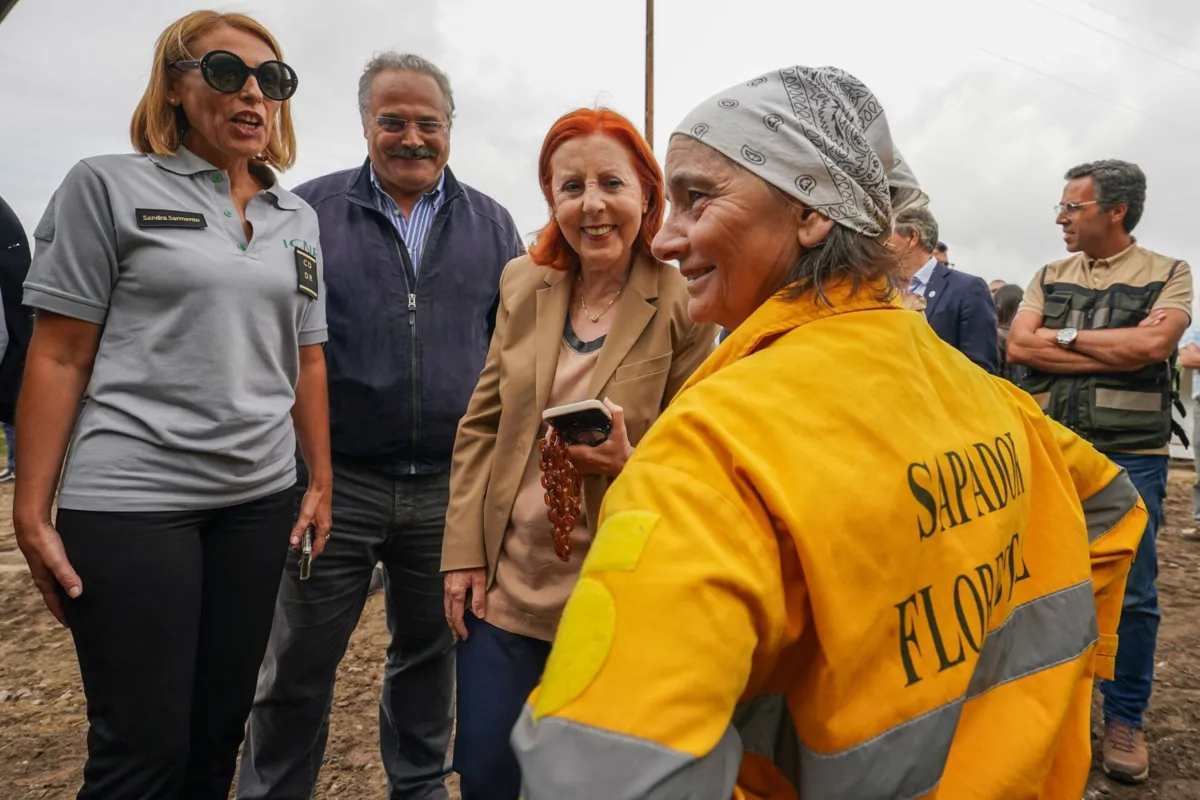 Caption: Minister of Environment, Maria da Graça Carvalho (center). Photo: HUGO DELGADO/LUSA
Caption: Minister of Environment, Maria da Graça Carvalho (center). Photo: HUGO DELGADO/LUSA
Speaking to Lusa news agency after a meeting in Trancoso with local mayors, the minister emphasized the need for rapid action. "There is a lot of work to be done, and we must focus on the most urgent and high-risk projects. This includes soil retention to avoid landslides and prevent water contamination," she stated.
The meeting aimed to identify emergency measures and review ongoing efforts by the Portuguese Environment Agency (APA) and the Institute for Nature Conservation and Forests (ICNF). Carvalho highlighted that these agencies are already active in multiple sites, given the vast burned areas. "Our major rivers are at stake—the Douro, Mondego, and tributaries of the Tagus—so we must act very quickly," she added.
Decisions from the Trancoso meeting include scheduling work sessions for the upcoming week with APA and ICNF to finalize plans and start implementation immediately. Although no specific financial allocation has been set yet, the minister stressed that these interventions are necessary regardless of funding. "We need to identify the most urgent cases first, even before accounting for available money, and then proceed with contracts using resources from APA, ICNF, or the Environmental Fund," she explained.
Carvalho insisted on the urgency of deploying teams from municipalities, Civil Protection, APA, and ICNF to the field without delay. "We know we can't address everything at once, so we must prioritize the most dangerous situations and start there," she said.
To expedite processes, bureaucratic procedures will be streamlined under a decree-law published on August 24, which allows for lighter administrative requirements. The minister acknowledged potential challenges, such as shortages of companies, labor, and technical support, but emphasized the need to concentrate on the most critical issues to prevent ash from reaching water lines.
For the longer term, a program contract will be established for each fire-affected area, involving municipalities, APA, ICNF, and the Climate Agency. These agreements will cover additional urgent initiatives like road repairs, signage, removal of burned material, nature restoration, and enhanced surveillance for early fire detection. However, Carvalho noted that these contracts will take more time to finalize.

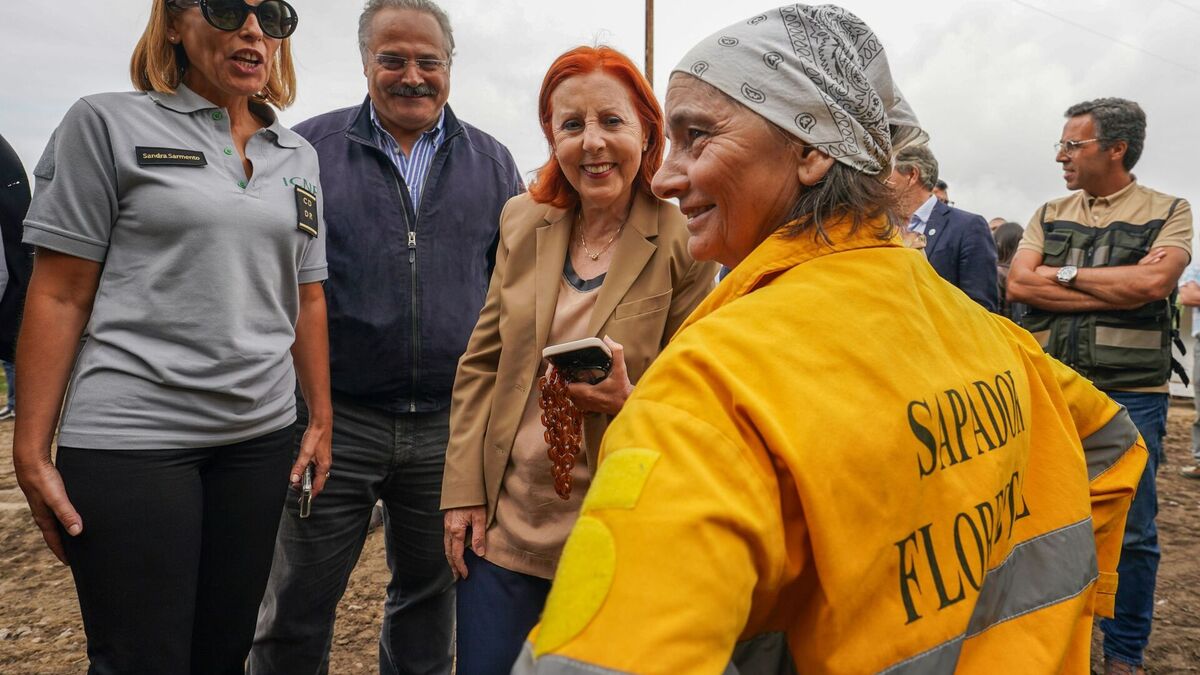








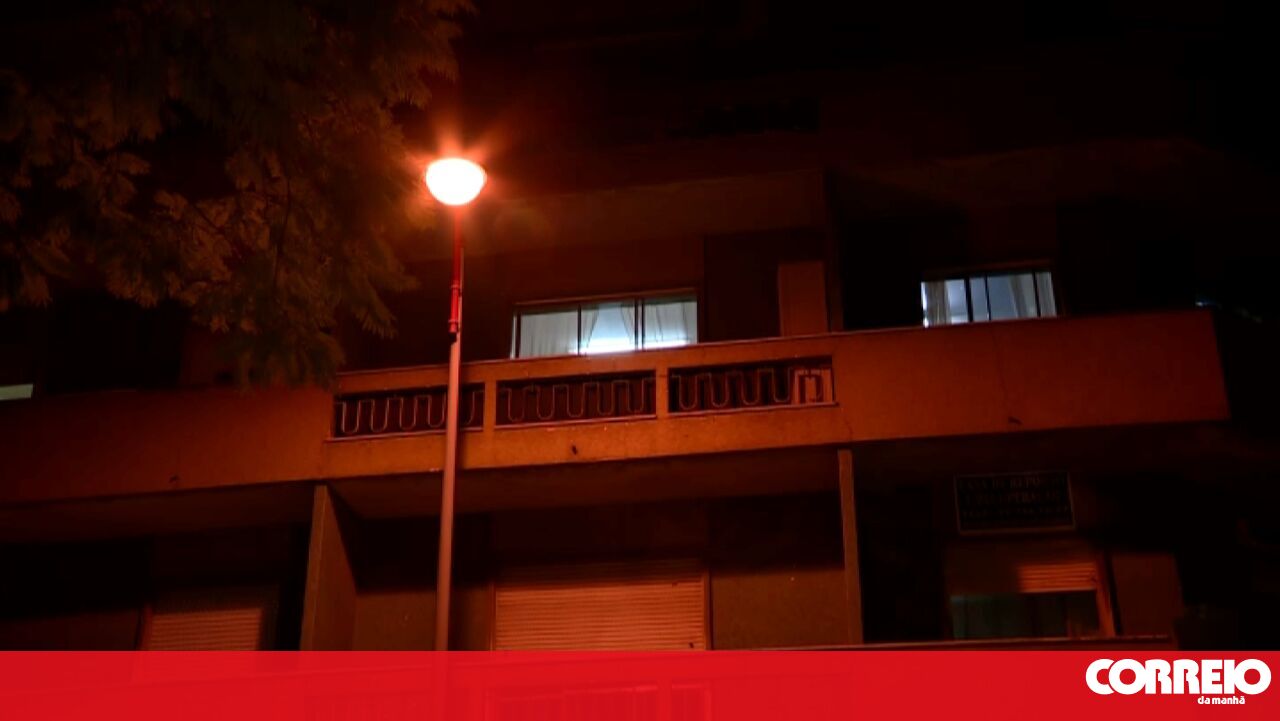


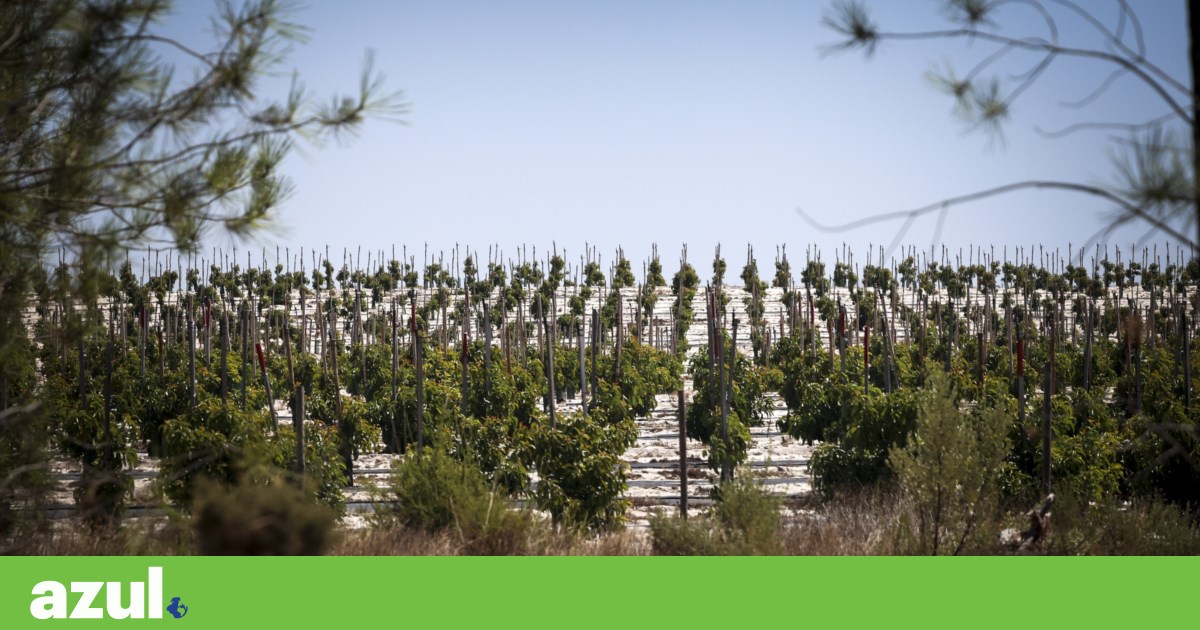
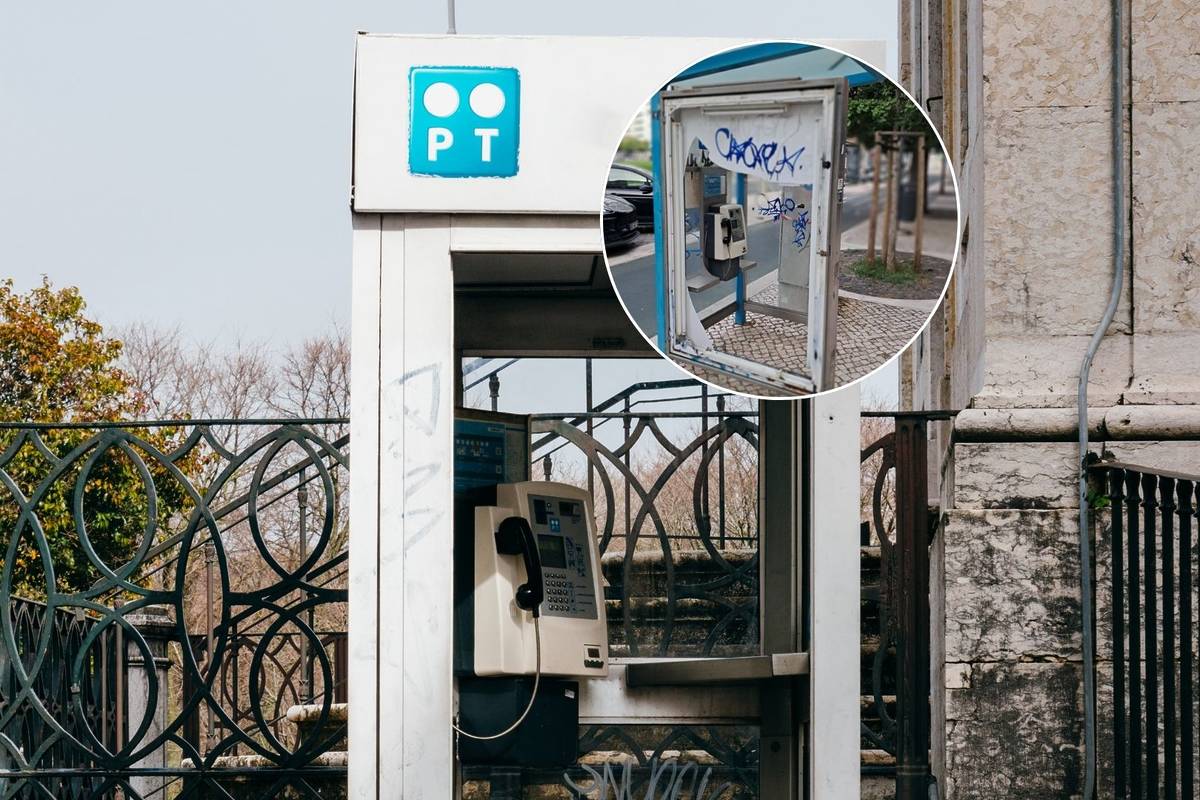
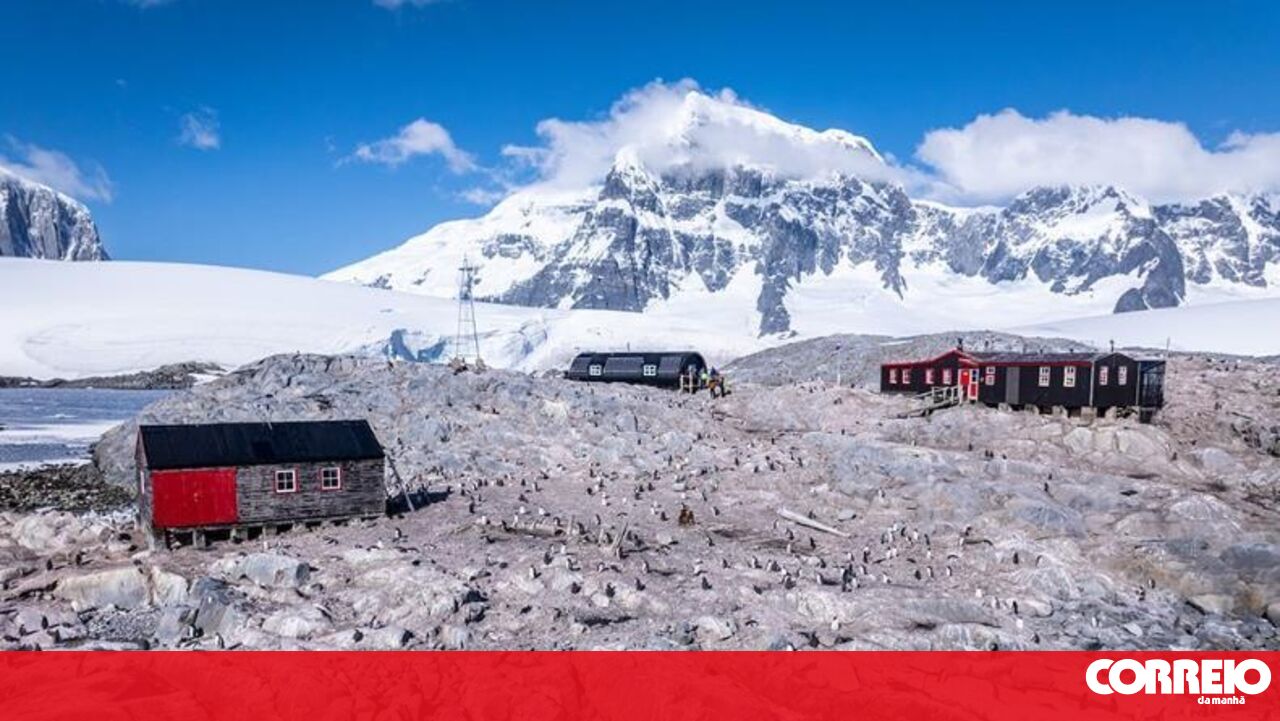



Comments
Join Our Community
Sign up to share your thoughts, engage with others, and become part of our growing community.
No comments yet
Be the first to share your thoughts and start the conversation!